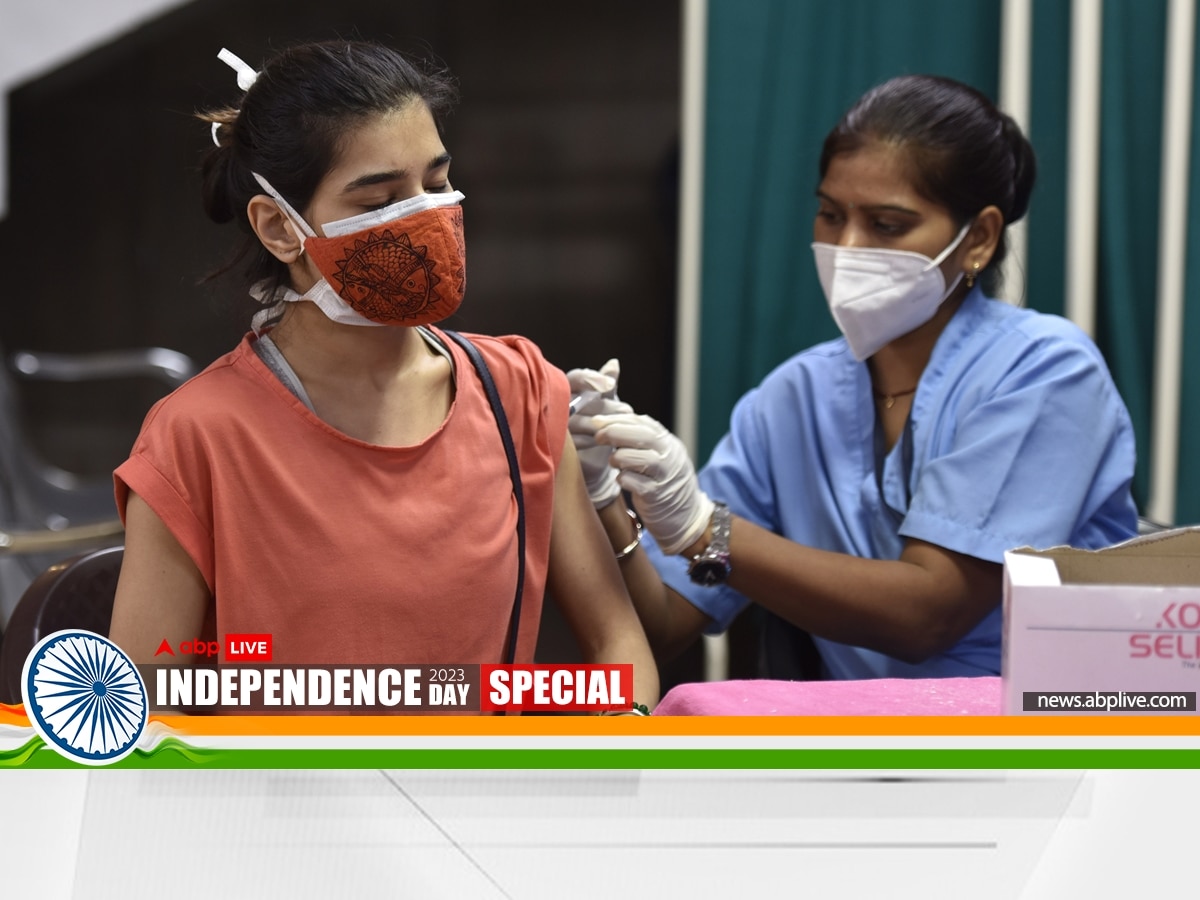How Ready Is India To Fight Against The Next Pandemic?
Key Highlights :

The Covid-19 pandemic has exposed the fragility of India's healthcare system, but the transformation of the healthcare sector in the past two years has shown how health has been prioritized by India more than ever since Independence. As India celebrates its 77th Independence Day, with a firm eye on being a developed country in the next 23 years, the question remains -- how ready is India to fight against the next pandemic?
Experts said while India was better prepared to tackle a pandemic after Covid from the experiences it had gathered, they pointed out that more work was needed in surveillance and early detection of possible threats. Infectious diseases specialist Dr Ishwar Gilada said India had achieved all that was required to handle large pandemics or natural catastrophes of the size of the Delta-wave.
Seasonal And Zoonotic Influenza To Cause The Next Pandemic?
The World Health Organization (WHO) has warned that seasonal and zoonotic influenza will likely cause the next pandemic. Three out of four new diseases are zoonotic, which means infections present in animals are increasingly getting transferred to humans. India has become one of the first nations to frame a strategy in this regard, with Prime Minister Narendra Modi laying the foundation stone for the National Institute for One Health in Nagpur. The institute will focus on identifying novel and unknown zoonotic agents. Besides, the government has also launched the Pradhan Mantri Ayushman Bharat Health Infrastructure Mission (PM-ABHIM) to augment health facilities and establish comprehensive surveillance of infectious diseases.
Experts highlighted that most people in India do not take influenza vaccines annually as they are unaffordable. Influenza vaccines, often called 'flu shots', range anywhere between Rs 1,800 and Rs 2,000. Infectious diseases specialist Dr Laxman Jessani said epidemics and pandemics are here to stay and as we are going towards urbanisation and more deforestation, there will be more zoonotic infections much like the seasonal flu.
Surveillance And Detection Key To Detect Next Threat
The rise of new pathogens has put in focus the importance of genomic surveillance to track mutation of viruses. Dr Gilada said besides whole genome sequencing, India was now focused on expanding next-generation sequencing (NGS), which is a much faster sequencing approach that does not require cloning DNA fragments. However, Dr Jessani said India still was not totally updated with surveillance mechanisms because it lacks a proper process.
Tackling Antibiotic Resistance — 'The Silent Pandemic'
Calling antimicrobial resistance (AMR) not a future but present threat, Dr Gilada said AMR "will end-up being a major man-made, doctor-sponsored and government-neglected calamity" if timely action was not taken. Dr Jessani said usage of high-end antibiotics needs to be curtailed and the government's step to restrict over-the-counter sale of antibiotics was in the right direction.
Experts said India needs to make efforts to have low-cost flu vaccines and bring newer antibiotics in the pipeline to combat AMR. Moreover, there needs to be awareness and education among the general public not to consume antibiotics especially for viral infection, because all that you are doing is just inducing AMR.
Conclusion
India is better prepared to tackle a pandemic as compared to other countries because it has the resources, better manpower and expertise. However, more needs to be done in terms of surveillance and early detection of possible threats. The government needs to empower existing institutions such as the National Centre for Diseases Control (NCDC) and make it incharge of handling the pandemic. Additionally, India needs to make efforts to have low-cost flu vaccines and bring newer antibiotics in the pipeline to combat AMR. Awareness and education among the general public not to consume antibiotics especially for viral infection is also necessary.
Title: Is India Ready To Fight Against The Next Pandemic?
